 |
| July 20, 2022 |
 |
| |
| |
| |
| |
| Medicine The Hunt for Drugs for Mild COVID People who are unlikely to develop severe COVID-19 have no widely approved medications to ease the illness | | By Saima May Sidik,Nature magazine | | | |
| |
| |
| |
| |
| |
| Psychology What Keeps a Crowd from Becoming a Mob? Amid COVID, studies in Denmark suggest that crowds do not always engage in bad behavior—and that mass-gatherings sometimes offer meaningful connection | | By Séamus A. Power,Thomas A. Morton | | | |
| |
FROM THE STORE
 | | Revolutions in Science Normally science proceeds in incremental steps, but sometimes a discovery is so profound that it causes a paradigm shift. This eBook is a collection of articles about those kinds of advances, including revolutionary discoveries about the origin of life, theories of learning, formation of the solar system and more. *Editor's Note: Revolutions in Science was originally published as a Collector's Edition. The eBook adaptation contains all of the articles, but some of the artwork has been removed to optimize viewing on mobile devices. |  | | |
LATEST ISSUES
 |
| |
| Questions? Comments?  | |
| Download the Scientific American App |
| |
| |



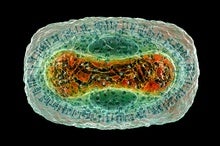
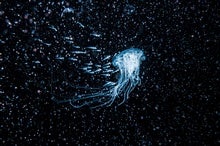

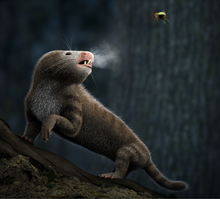

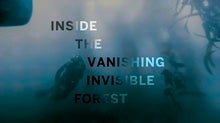
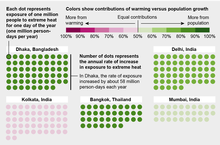


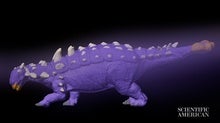
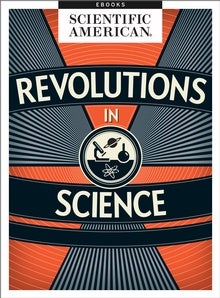

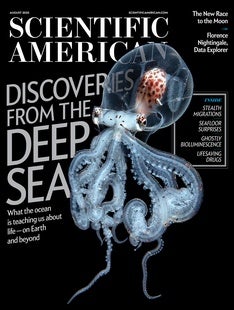

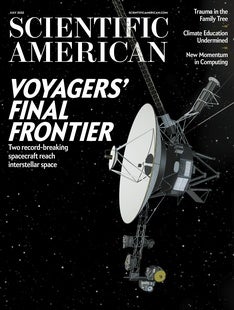
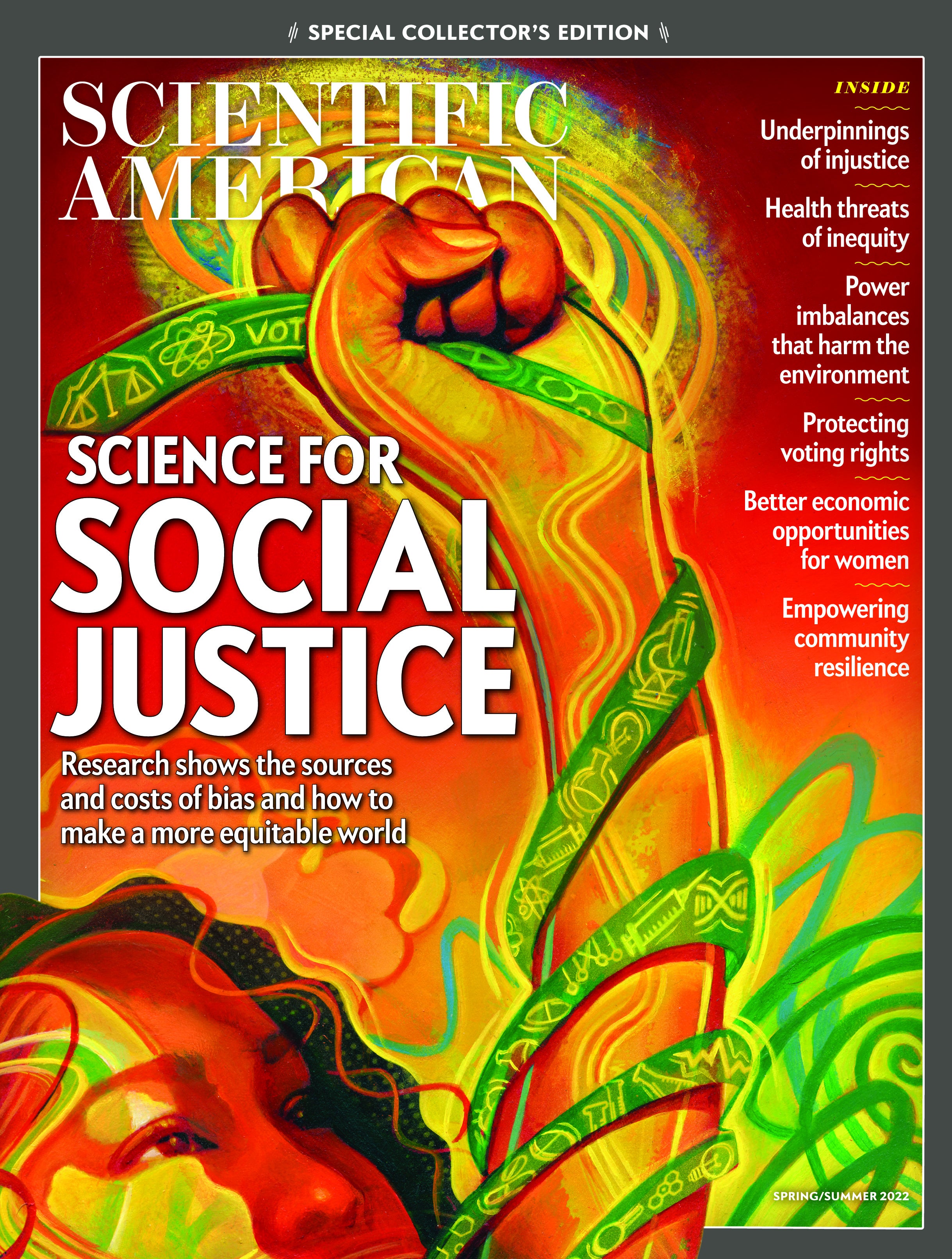
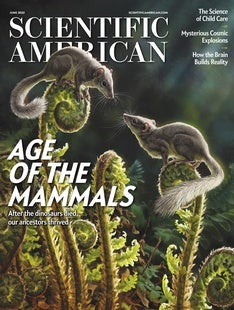



Comments
Post a Comment